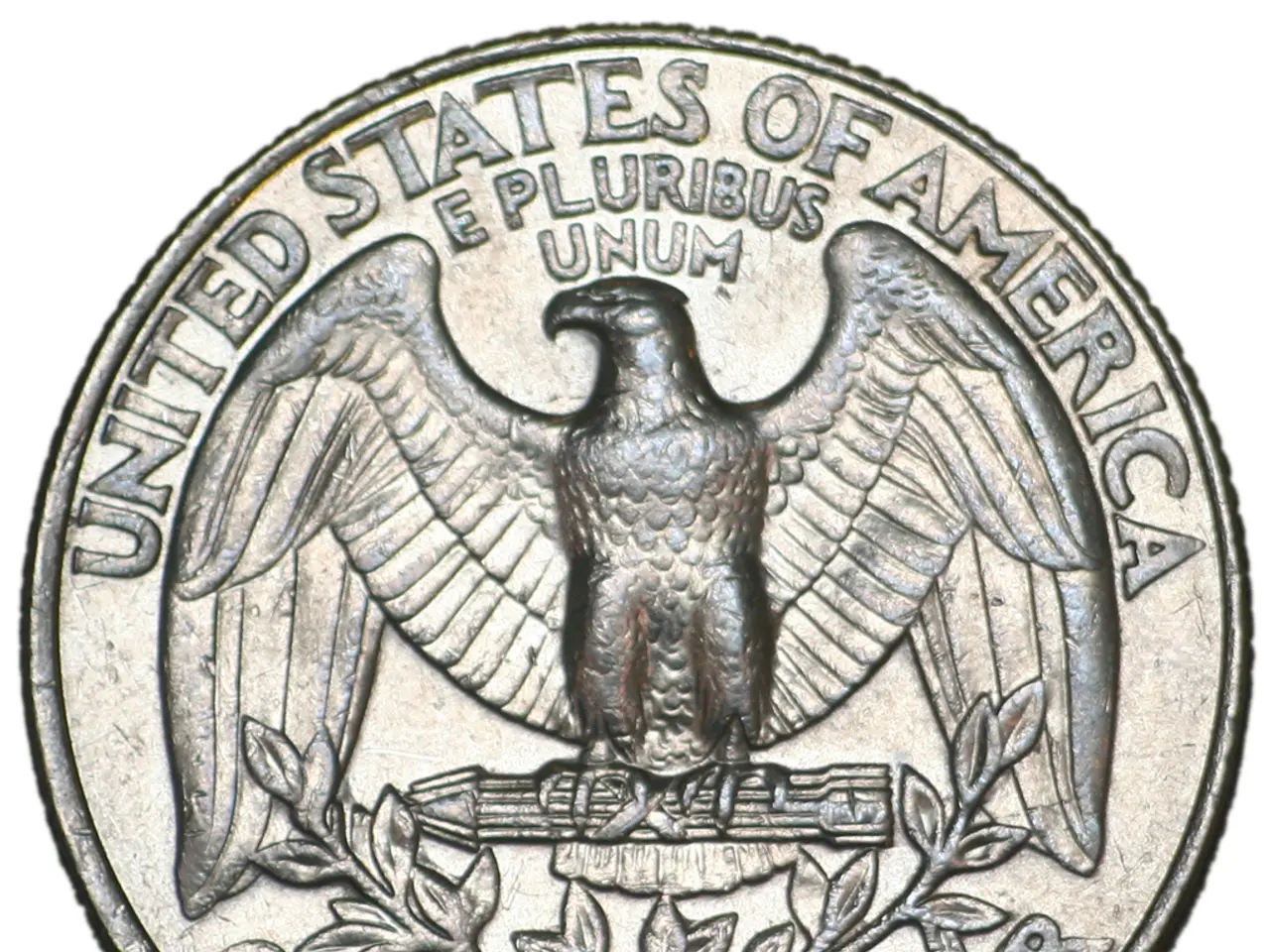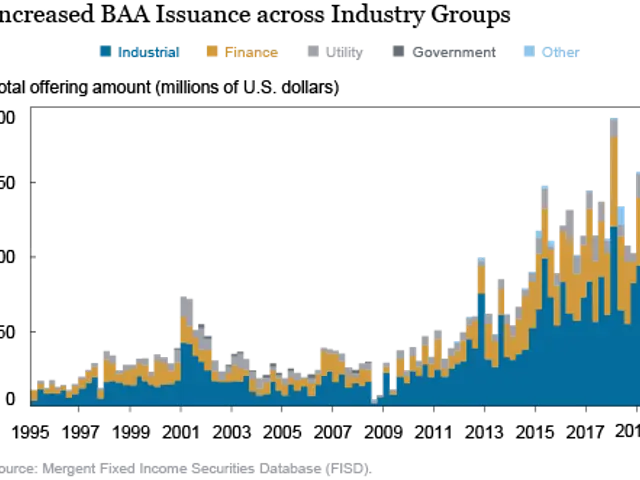U.S. & U.K. Impose Sanctions on Controversial Russian Stablecoin A7A5
The U.S. and U.K. have imposed sanctions on companies linked to the launch of A7A5, a controversial stablecoin. This move comes amidst allegations that the digital currency is being used to help Russia evade financial penalties following its invasion of Ukraine.
A7A5, a ruble-backed digital asset, was created by Russian company A7. The majority owner of A7 is Ilan Shor, a sanctioned Moldovan oligarch and Kremlin ally. The stablecoin is issued via Kyrgyzstan's Old Vector and has been used for cross-border settlements, handling a staggering $70.8 billion in transactions since its launch in January 2025.
The primary use of A7A5 is to facilitate cross-border payments for Russian firms and their trade partners. It is alleged to be part of a sanctions-evasion network linked to Kremlin allies and the Russian defense sector. Despite Western sanctions targeting A7A5 and associated entities, the stablecoin has grown rapidly and remains active, particularly in regions outside Western jurisdiction such as Asia. As of now, 41.6 billion A7A5 tokens are in circulation, valued at nearly $500 million.
Following a Reuters inquiry, TOKEN2049 removed A7A5 from its sponsor list and speaker roster. A7A5 executives, however, have defended the stablecoin as a legitimate payments tool, denying any involvement in money laundering. Notably, the stablecoin is partially owned by Russia's state-owned Promsvyazbank, which is also under sanctions.
The U.S. and U.K. sanctions on A7A5-associated companies highlight the international community's efforts to prevent Russia from circumventing financial penalties. Despite these measures, the stablecoin's use in cross-border payments persists, raising concerns about its role in sanctions evasion.






